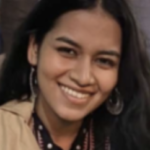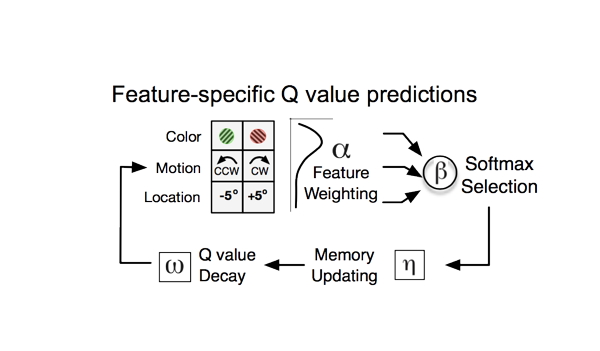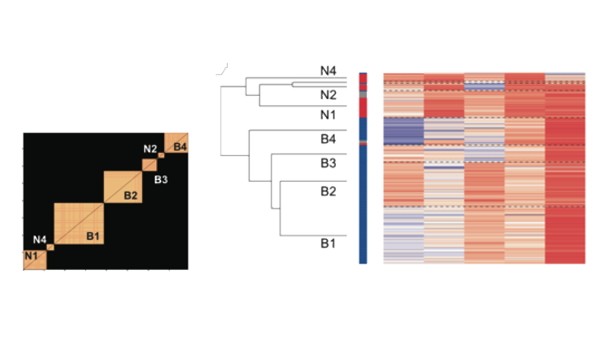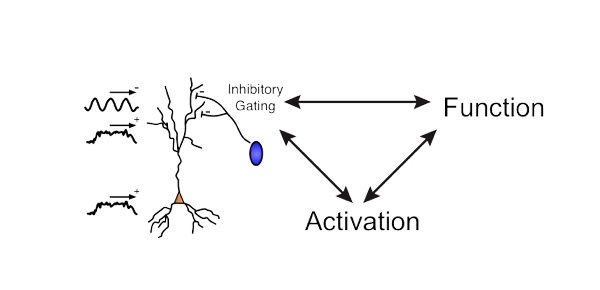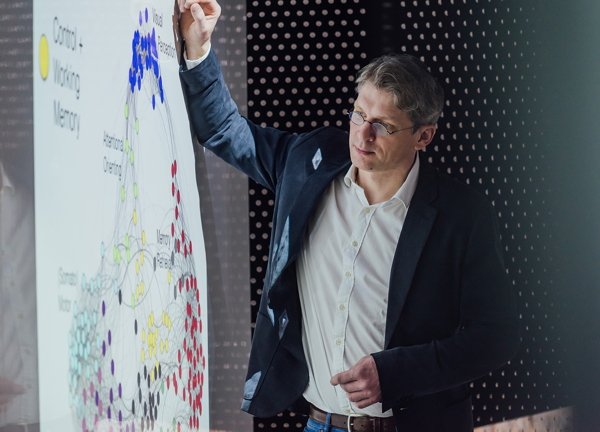[past members and their whereabouts]
PI Thilo Womelsdorf (Prof., Vanderbilt University, Department of Psychology)

- Thilo is Professor in the Department of Psychology and member of the Vanderbilt Brain Institute.
- He has secondary appointments in the Department of Biomedical Engineering and in the Department of Computer Science and Electrical and Computer Engineering.
- His Researcher Profiles are available from Google Scholar, ResearcherID and ResearchGate.
Before joining Vanderbilt University, Thilo was Associate Professor in Biology at York University in Toronto. He completed his PhD in the German Primate Center with Prof S Treue and completed postdoctoral studies with Prof. P Fries (Donders Institute, now: Max Planck Institute) and Prof. S Everling (Western University). You can find his academic Neurotree here: Neurotree
Adam Neuman 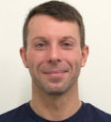 – Senior Research Specialist,
– Senior Research Specialist,
- Adam oversees the lab’s research work and operates the cage-based behavioral training and testing of animals. He is actively contributing to research projects that involve electrophysiology, neuro-chemistry, and neuro-sonication. Adam’s work combines the skills and breadth of knowledge of a neuroscience laboratory technician with experience of advanced experimental approaches used by students and personnel in the lab.
Nathan Traczewski – Lead M-USE Developer and Certified Public Accountant
-
Nathan is building an integrative software suite for active psychophysical neuroscience experiments in 3D environments called the Multitask Unified Suite for Experiments (MUSE), including designing and programming the individual cognitive games using C# and the Unity video game engine.
-
Before joining Vanderbilt University, Nathan worked as a Certified Public Accountant (CPA), auditing the financial statements of publicly held companies.
Seema Dhungana – Research Assistant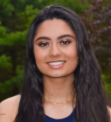
- Seema is guiding the behavioral control and analysis of complex cognitive Maze tasks in nonhuman primates. These projects involve the programming and analysis of complex tasks.
- Seema programs multiple interactive touchscreen games using the unity3D engine and the labs Multitask Unified Suite for Experiments. The tasks are trained and tested with nonhuman primates and the analysis of task performance is done in Matlab. The long term objective of the projects is to characterize pharmacological interventions designed to improve cognitive functions.
Allison Quinn Dockum, MSc Bioengineering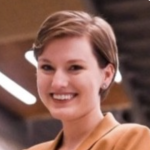
- Allie is establishing a precise targeting system for bilateral focused ultrasound stimulation (FUS) in order to enhance cognitive functioning. The novel FUS targeting and stimulation pipeline aims to allow transcranial sonication of deep and superficial targets.
- Allie’s project is in close collaboration with Prof. Charles Caskey’s Laboratory of Acoustic Therapy & Imaging (https://vuiis.vumc.org/~caskeycf/).
Phd cand. Ali Hassani (Dept. of Psychology)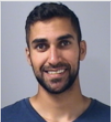
-
Ali works on the role of noradrenergic receptor activation for the gating of attentional relevant information in prefrontal-striatal brain circuits.
-
Ali is a recipient of the 2016 prestigious NSERC student fellowship.
Ph.D. cand Robert Louie Treuting, (Dept. of Biomedical Engineering)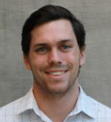
- Louie works on developing a Brain-Computer-Interface for enhancing cognitive flexibility. He combines experience with technical and insights from computer science with neuroscience to establish a closed – loop system that operates in real time to detect neural activity patterns that carry information about learning. The projects aim to enhance these learning related, endogenously generated neural signals to improve flexible learning and attention performance
MSc cand. Charlie Gerrity, M.Sc. (Dept. of Electrical and Computer Engineering) 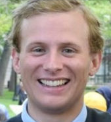
-
Charlie works on optimizing the detection of transient oscillatory neural events in neurophysiological time-series (local field potential) data. This work involved establishing and comparing different algorithms for detecting neural oscillation events and evaluating the performance metrics for these algorithms. A goal for the thesis is to develop an objective way to tune the detection parameters for enhancing the true positive and reducing the fans positive rate of detected events.
Xuan Wen, PhD Cand. BS Comp Sci

-
Xuan aims to understand how latent structure about objects in our environment is learned. His projects involve programming multidimensional objects to test how subjects learn the relationship of objects with real-world complexity.
-
The paradigms Xuan develops are tested behaviorally and neurophysiologically to understand how brain circuits acquire and update latent structure about objects, about the reward value of these objects, and about the relation of objects in different environments.
Sarah Shereen, BA Neuroscience
